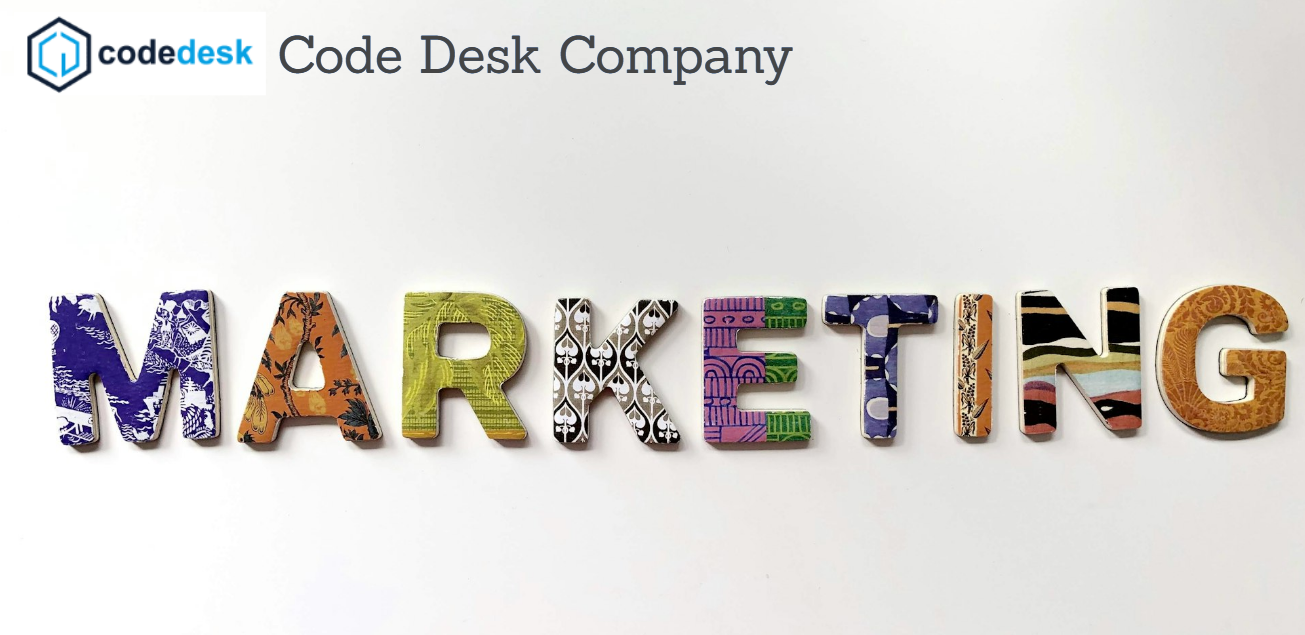Content Marketing and Digital Marketing: How They Work Together to Grow Your Brand

In today’s competitive landscape, building a successful online presence is more than just having a good-looking website. It’s about creating value, being visible, and earning the trust of your audience. This is where content marketing and digital marketing come into play.
You’ve probably heard these terms used interchangeably—but they’re not the same. In fact, content marketing is a core part of digital marketing, and when both are done well, they create a powerful strategy that drives traffic, conversions, and long-term growth.
This article breaks down the relationship between content marketing and digital marketing, their key differences, and how businesses in the UK can effectively combine them for maximum results.
What Is Digital Marketing?
Digital marketing is the broad term for all online strategies used to promote your business, product, or service. It includes:
-
Search Engine Optimisation (SEO)
-
Pay-Per-Click Advertising (PPC)
-
Email Marketing
-
Social Media Marketing
-
Affiliate Marketing
-
Mobile Marketing
-
Content Marketing
The goal of digital marketing is simple: reach your audience online and guide them toward a desired action—be that signing up for a newsletter, purchasing a product, or booking a consultation.
It’s about being present where your audience spends time: Google, Facebook, YouTube, Instagram, LinkedIn, and other digital channels.
What Is Content Marketing?
Content marketing is a subset of digital marketing that focuses on creating and distributing valuable, relevant content to attract and engage a clearly defined audience.
This can include:
-
Blog posts
-
Articles
-
Videos
-
Podcasts
-
Infographics
-
Ebooks
-
Case studies
-
Webinars
Unlike traditional advertising, content marketing doesn’t push a sales message. Instead, it offers solutions, insights, or inspiration—earning your audience’s trust over time.
Content Marketing vs Digital Marketing: Key Differences
Here’s a simple way to look at it:
| Feature | Content Marketing | Digital Marketing |
|---|---|---|
| Focus | Creating valuable content | Promoting business online |
| Goal | Build trust, inform, engage | Convert, promote, sell |
| Channels Used | Blogs, videos, social media, emails | SEO, PPC, social media, email, etc. |
| Approach | Long-term audience building | Often short- to medium-term campaigns |
| Measurement | Engagement, shares, time on page | ROI, traffic, conversions |
In short: content marketing is a strategy that fits inside the larger digital marketing framework. You need content for everything you do online—from your website’s homepage copy to your social media captions and email campaigns.
Why Content Marketing Is Crucial in Digital Marketing
No matter which digital marketing tactic you use, content is the foundation. Without high-quality content, your digital marketing simply won’t work.
Here’s how content powers your digital marketing campaigns:
1. SEO Needs Content
Google ranks websites based on relevance, quality, and usefulness. Blog posts, guides, and landing page copy are essential for improving search rankings and attracting organic traffic.
2. Social Media Runs on Content
Without content, your social platforms are empty. Posts, videos, and stories keep your audience engaged and your brand top-of-mind.
3. Email Marketing Needs Content
Sending out a salesy email every week won’t cut it. You need newsletters, helpful tips, and value-packed content to keep subscribers interested.
4. Paid Ads Perform Better with Great Content
Landing pages, lead magnets, and even the ad copy itself are all content-driven. Good content improves conversion rates.
The Benefits of Content Marketing in a Digital Marketing Strategy
Let’s look at why integrating content marketing into your digital marketing approach is a no-brainer:
✅ Builds Trust and Authority
When you consistently provide helpful, high-quality content, your audience sees you as a credible source. Trust builds loyalty—and loyal customers convert.
✅ Improves SEO and Website Visibility
Fresh, relevant content helps search engines understand what your website is about. The more valuable content you have, the more keywords you can rank for.
✅ Supports the Buyer’s Journey
Content marketing allows you to guide potential customers from awareness to decision-making—without pushing hard sales.
✅ Generates Organic Traffic Long-Term
Unlike paid ads, a blog post can bring in traffic months or even years after it’s published.
✅ Cost-Effective Lead Generation
Content costs less over time and provides higher ROI than many traditional advertising methods.
Examples of How Content and Digital Marketing Work Together
Let’s say you’re a UK-based accounting firm. Here’s how content marketing supports your digital marketing campaigns:
-
SEO: You publish a blog post on “How to File Taxes in the UK as a Freelancer.” It ranks on Google and drives traffic to your site.
-
Email Marketing: You create a free tax checklist PDF that users can download in exchange for their email address.
-
Social Media: You repurpose the checklist into bite-sized Instagram tips and a LinkedIn article.
-
Paid Ads: You run a Facebook campaign promoting the checklist to UK freelancers, leading them to your email funnel.
-
Retargeting: Visitors who download the checklist see Google Ads for your accountancy services.
This is the power of combining content marketing and digital marketing: you create one valuable piece and amplify it across all your digital channels.
Best Practices for Integrating Content Marketing into Digital Campaigns
To get the most out of content and digital marketing, follow these principles:
🎯 Start with Strategy
Don’t publish content for the sake of it. Know your goals—traffic, leads, sales—and create content aligned with them.
🧠 Know Your Audience
What problems are they trying to solve? What format do they prefer—videos, blogs, or guides? Where do they hang out online?
📅 Use a Content Calendar
Plan ahead to keep your messaging consistent and timely. Align your content with marketing campaigns, seasonal events, and trends.
🔄 Repurpose Your Content
Turn a webinar into a blog post, then into social media snippets. Maximise every piece of content across your digital ecosystem.
📈 Measure and Optimise
Track content performance using tools like Google Analytics, SEMrush, and HubSpot. Improve what works and adjust what doesn’t.
Common Mistakes to Avoid
Even good intentions can go wrong if you fall into these traps:
-
❌ Creating content without an SEO strategy
-
❌ Ignoring content distribution (promotion is key!)
-
❌ Writing for yourself, not your audience
-
❌ Overly promotional content with no value
-
❌ Failing to track content performance
Avoid these mistakes, and your content marketing will become the backbone of your digital marketing success.
Final Thoughts
Content marketing and digital marketing aren’t rivals—they’re allies. One feeds the other. While digital marketing gives you the tools to reach people, content marketing gives them a reason to trust and engage with you.
In the UK’s highly connected digital environment, audiences are bombarded with information daily. The brands that cut through the noise are the ones who deliver real value through strategic, high-quality content—and amplify it using smart digital marketing tactics.
If you want to grow your brand, build customer loyalty, and increase long-term ROI, the solution is clear: bring content and digital marketing together in one unified strategy.







Leave a Comment